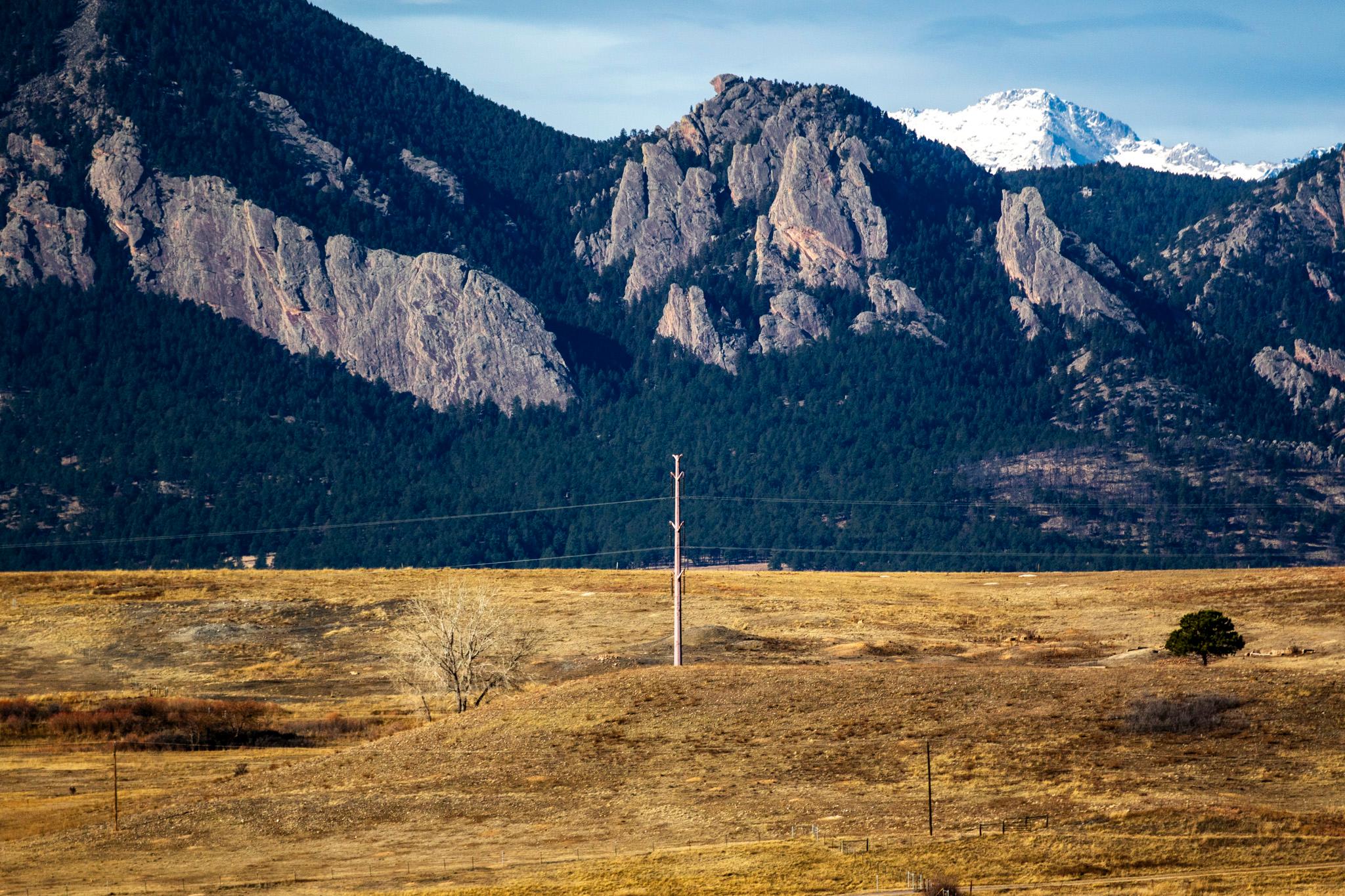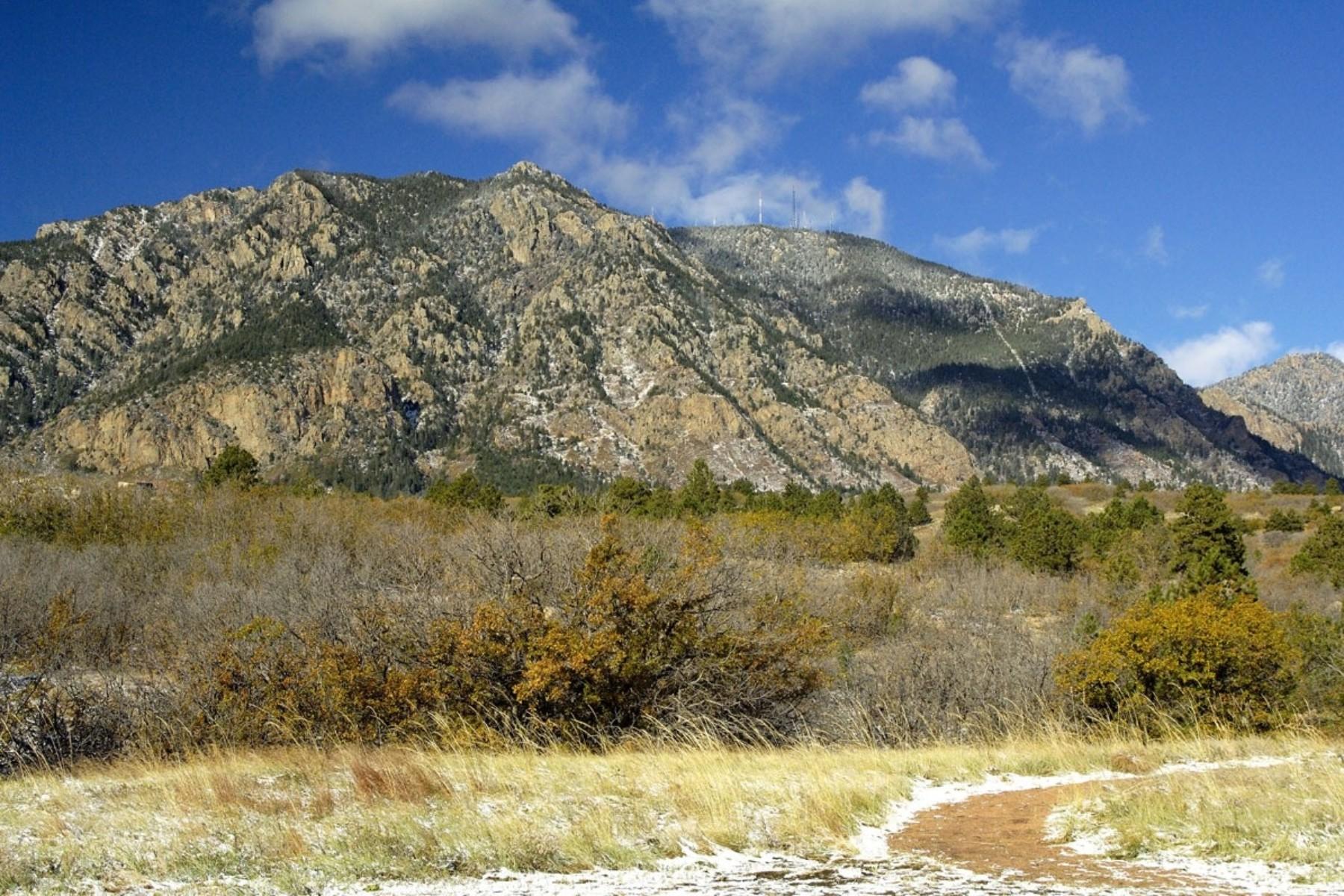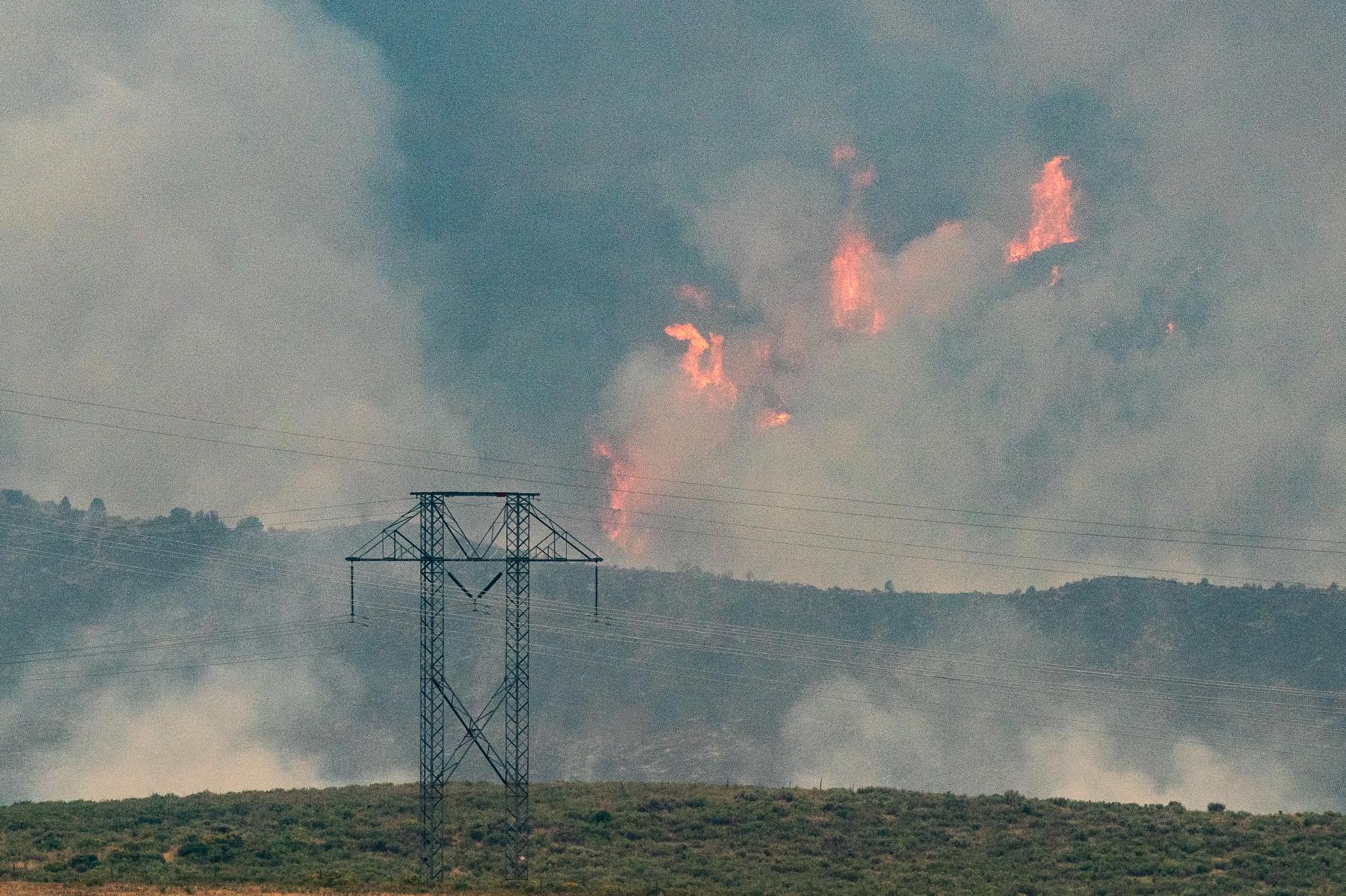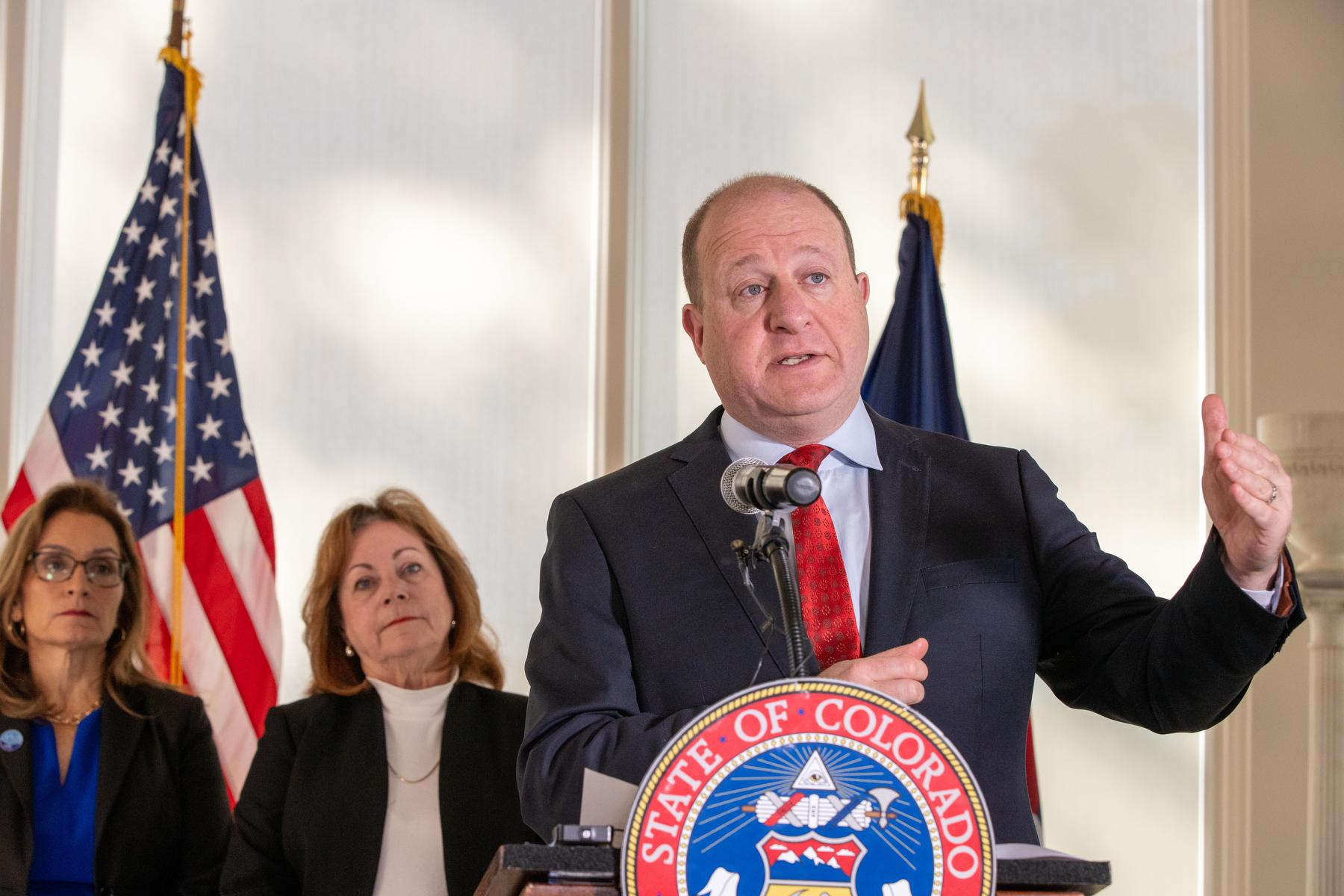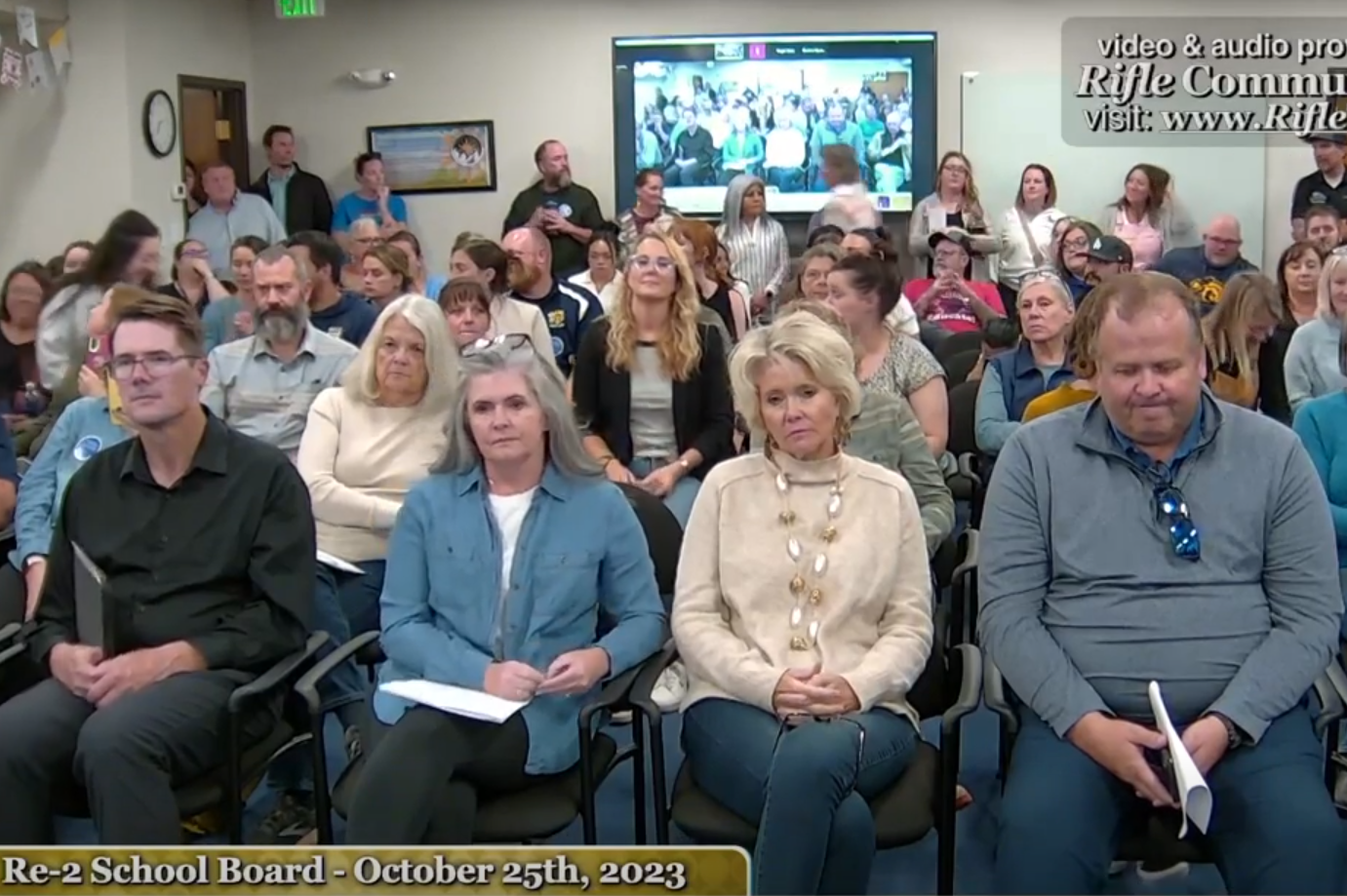
In an unexpected move that surprised parents, educators and community members, the school board in a small Garfield County school district Wednesday night suddenly voted 3-to-1 to adopt the state social studies standards that were backed by a diverse committee of district residents.
Community members had been expecting the board for Garfield County School District RE-2 to institute the controversial American Birthright social studies standards after this November’s election. However, Board President Tony May pulled the discussion item from the agenda after learning a local committee was going to recommend the board instead adopt the state social studies standards. Pulling the item from the agenda enraged community members who packed the boardroom Wednesday night.
Twenty-nine speakers spoke in support — two did not — of the state-adopted standards. One called the Birthright standards “religiously and politically charged,” and many spoke of their fatigue over political battles at school board meetings.
“Over the last year I’ve watched the priorities change from doing whatever it takes to help every child to fighting meaningless culture wars and pushing radical agendas that do not benefit or even reflect the interests and needs of the community,” said Celeste Kratzer, who grew up in Rifle and now teaches at Rifle Middle School.
Residents of different backgrounds came together
But what most struck community members was how a social studies review committee composed of residents from different political and economic backgrounds, faiths and beliefs agreed on recommendations for the board.
Garfield County is a conservative county on the Western Slope, and the school district student body is more than half Latino.
“Everyone came together to hash it out, to really figure out what the community of this district really wanted,” said Jay Puidokas during the comment period. “And it was extremely eye-opening to see the values align.”
State law requires each school district to host a local forum about the new social studies standards. Garfield chose to create a 59-person committee to review how well three sets of standards — the adopted state social studies standards, revised state standards, and the American Birthright standards — aligned with several Colorado laws and how well the standards aligned to community values.
“Our entire goal has been to work collaboratively with the school board and with our community to understand what the community values are,” said Jacob Pringle, secondary school curriculum director.
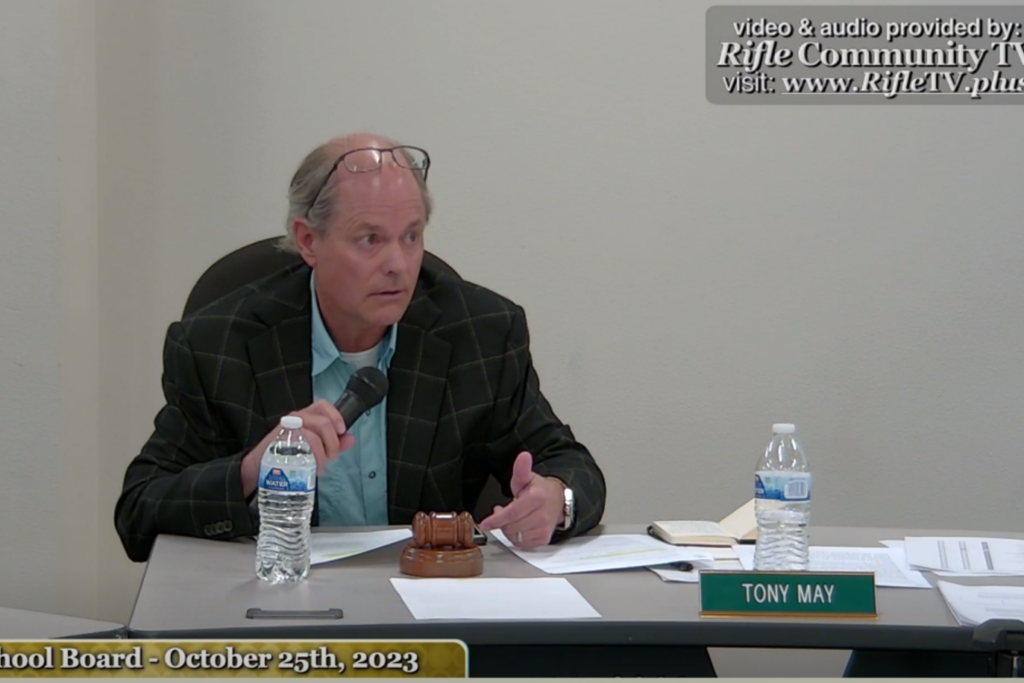
In the end, 83 percent of the committee members decided that the state-adopted standards best aligned with law and the community’s core values.
“You have brought us together Director May, by inciting this outlandish political conversation. People from across the spectrum are now united in our community,” Angela Strode of Rifle told the board.
She said the board needs to move on to other issues such as a school staff shortage.
“We need to harness the energy behind me to start fixing the problems in our schools.”
After hours of testimony, the board majority voted to move forward on the social studies standards.
The issue roiled the community for months
Last year the state board of education passed new social studies standards to align with several state laws. The most controversial called for social studies standards to reflect the history, cultures and social contributions of diverse peoples. The law names specific groups: African American, Latino, American Indian, Asian Americans, and LGBTQ people.
Some Garfield board members pushed back on the state’s adopted standards.
But the community, alarmed that the option could be the American Birthright standards, began to rally. Several parents said they were afraid the district was going down the same path as the Woodland Park school district, where a conservative board adopted Birthright standards and instituted several dramatic changes, including the elimination of many mental health counselors and social worker positions. An estimated forty percent of school staff left Woodland Park last year.
“We don’t want our community to be torn apart like Woodland Park, where vocal ideologues took over the school board, causing chaos where there used to be peace,” Willow Brotzman, a parent with two students in the RE-2 District, said in a press release issued Thursday after the vote.
District leaders in Garfield led an exhaustive community review process that involved public surveys, community and staff meetings as well as a social studies curriculum committee to identify the core values the community wanted to see embedded in the social studies standards, such as students becoming independent problem solvers and being a critical thinker.
Still, despite many in the community backing state standards, curriculum leaders said there is wariness among some in the community around LGBTQ topics in school.
“If a 4th grade student asks what LGBTQ is,” asked board member Jason Shoup, “is that instructor obligated to get that in-depth? Or in the (district) training (for state adopted standards), does it give avenues of an out?”
Simone Richardson, elementary curriculum director, gave an example of how such an issue might arise according to state-adopted standards: a teacher is reading a book about mom and dad taking their children to the zoo. If a child raises his hand and says, “I have two dads who took me to the zoo!” the teacher acknowledges the child and moves on, she said.
“Much of training would be around how does a family carry out those conversations and not an educator,” said Richardson, meaning teachers could encourage students with more questions to ask their parents.
Pringle, the secondary school curriculum director, said training for teachers prior to the implementation of new standards would consist of age-appropriate responses.
District officials will now make sure the curriculum aligns to the state-adopted standards. Garfield RE-2 has three open seats on the school board this election.

